For hundreds of days, Brian Hicks battled to finish DayZ and didn’t quite get there
A look back on DayZ's hectic development.
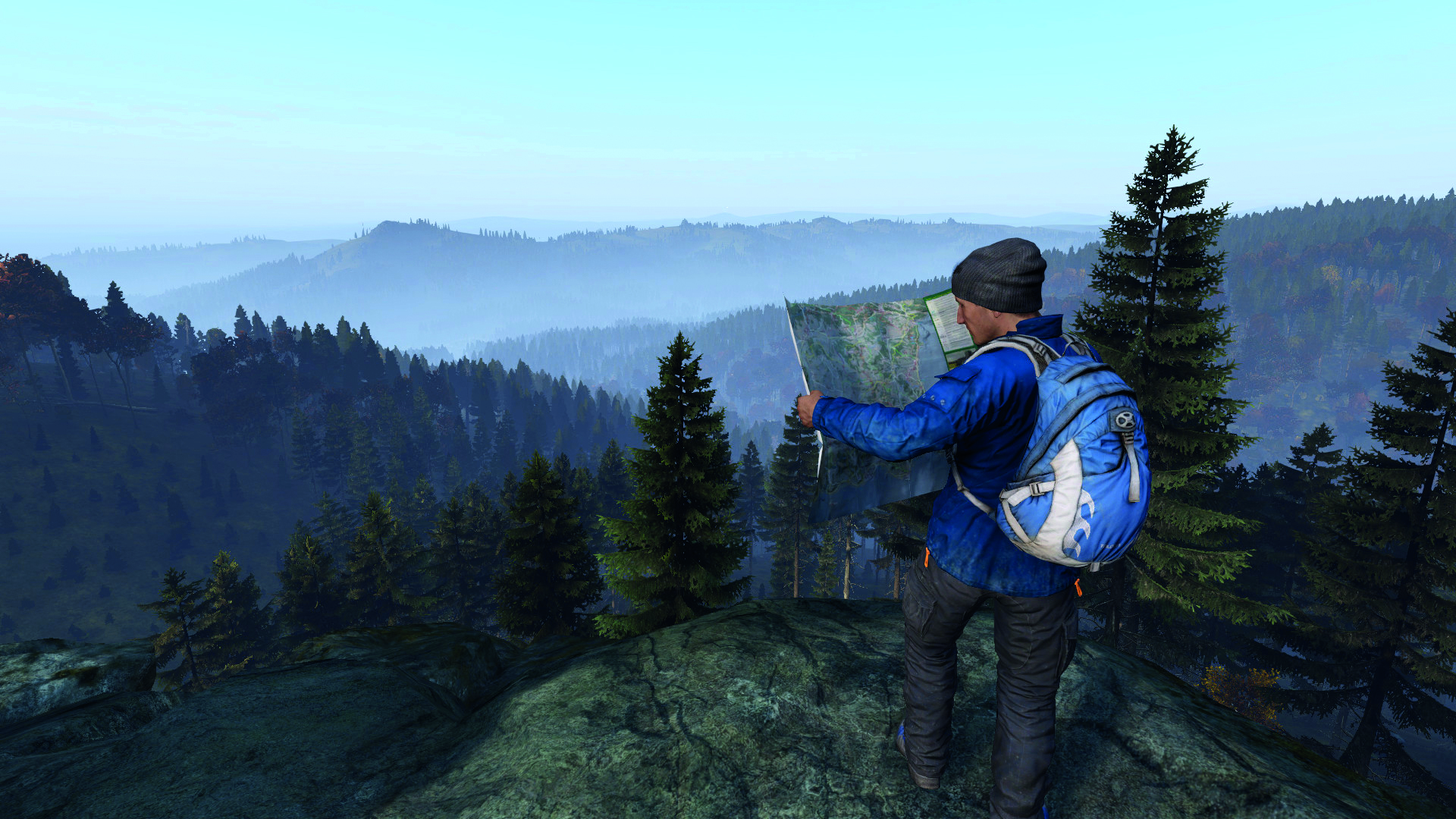
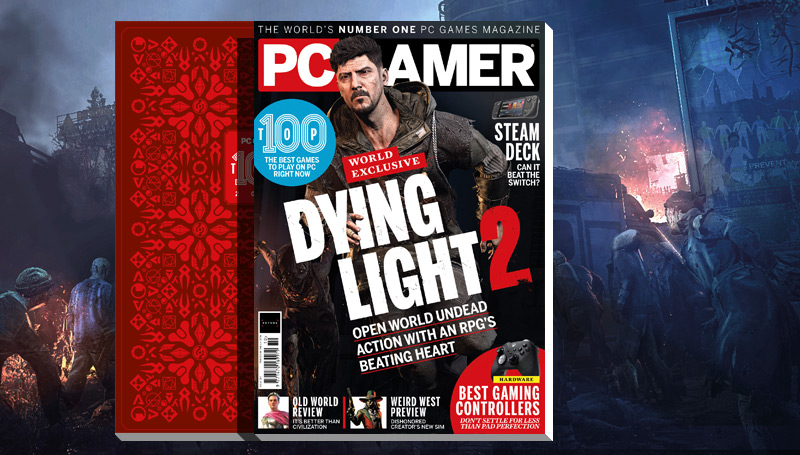
This article first appeared in PC Gamer magazine issue 361 in August 2021. Every month we run exclusive features exploring the world of PC gaming—from behind-the-scenes previews, to incredible community stories, to fascinating interviews, and more.
You may not be able to see them, but there are secret PC gamers hidden deep within the bowels of the major console companies. Back in 2013, Brian Hicks was a project manager at Microsoft Studios—a professional Xbox evangelist. But behind the scenes, he was working to build relations between his bosses and the makers of a quintessential PC game he had fallen in love with: DayZ.
“You know, I’m doing this so much,” Hicks wrote in one email to DayZ creator Dean Hall, “you should just hire me.” Asked to fly out to Prague for a two-week working interview, Hicks was shocked to discover that the DayZ team, as development on the standalone game began, was roughly five people.
“It was a very, very barebones team,” he says. “It’s hard for me to overstate how garage development it was.”
That turns out to be literally true. At Bohemia’s Mnisek campusa collection of countryside cabins 30 kilometres south of Prague, once used for weekend retreats during the communist era of Czechoslovakia—the garage was converted into a motion capture lab. The DayZ team was squeezed into 120 square feet above the laundry room.
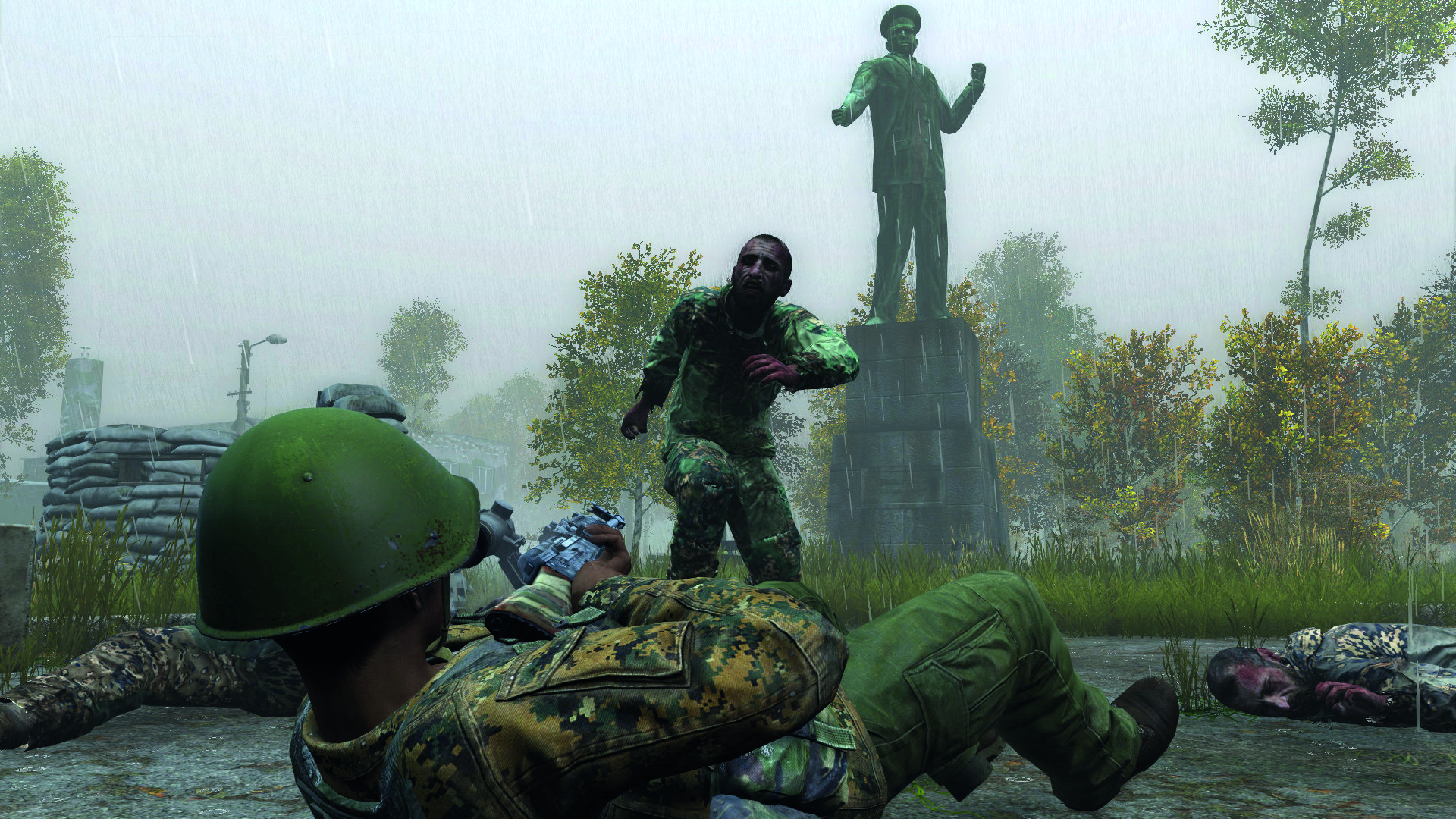
“I was very charmed by this small village life,” Hicks says. After a couple of awkward months back in the US awaiting budgetary approval from Bohemia, he got the thumbs up, took an 80% pay cut, and packed a couple of suitcases.
“I remember walking out of Microsoft on my last day at 11pm, because I didn’t want to leave anything undone,” Hicks says. “There was a big LED clock in the lobby, counting down to the launch of the Xbox One, and there was less than 48 hours on it. The next morning I flew to Prague and started working after maybe a four-hour nap.”
Wake up dead
DayZ’s development was no less hectic. Hall and Hicks spearheaded the march to launch on Steam Early Access, which came sooner than expected. “I remember Dean telling the team that the word from on high was that if we didn’t get DayZ out onto Steam before the end of the year we might not have a job,” Hicks says. “It was crunch, I won’t lie about it. It was a fucking tornado, there was so little time to breathe.”
The biggest gaming news, reviews and hardware deals
Keep up to date with the most important stories and the best deals, as picked by the PC Gamer team.
The launch build of DayZ was held together by “duct tape, wooden matches, and prayers”. The team watched for spikes in resource consumption and, over a 12-hour bridge call with server hosting company Multiplay, optimised where they could. Valve pulled down a trailer that showed a character committing suicide, infuriating Hall, who had been up all night making it.
Hicks was pulling late nights himself. Due to a misunderstanding of how Valve Anti-Cheat worked, DayZ launched without any protection from hackers. Hicks filled the gap by watching streams to find cheats, waiting for them to log off, then moving their characters into the ocean so that they’d freeze to death.
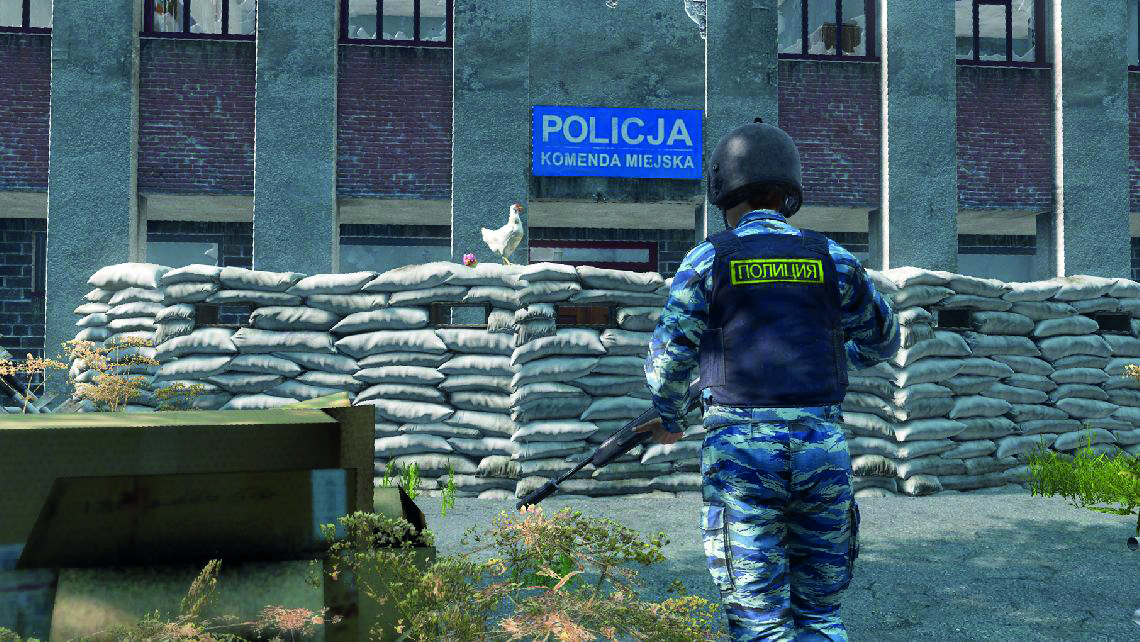
The consequences of sleep deprivation became clear when Hicks accidentally deleted the game’s live database during peak hours. “I remember realising what I had done,” he says. “I remember the feeling of all the blood in my face leaving.” Thankfully, Multiplay had backups, and the game was restored to an earlier version by the time Hall had returned from an interview—the same in which he announced his departure from Bohemia.
“I am a grenade,” Hall told Eurogamer. “I have a specific use. I can talk people up to the ledge and get them to jump off it. But eventually, that’s the bad person to have.” Through the first half of 2014, the DayZ team toured the world’s biggest game shows, addressing its millions-strong playerbase from Rezzed and PAX East. And then, in the summer, Hall transitioned to an advisory role, having already stayed at Bohemia far longer than planned.
Catch-up crew
The consequences of sleep deprivation became clear when Hicks accidentally deleted the game’s live database during peak hours
Hicks took over, and a new structure set in. He pushed for regular status reports to the DayZ community, which was enormous but sceptical. Because of the rushed launch, the Bohemia team had started off on the back foot—DayZ’s alpha was leaner than the free mod that had preceded it, and fans knew it. “It was me trying to get to where I knew we wanted to be when we started,” Hicks says. “I wanted to reach feature parity with DayZ Mod, before it started splintering off.”
Because the game was already in motion, some aspects of DayZ’s development—like the engine it ran on, and the new renderer Hall had promised as a tonic for its miserable performance—were set in stone by the time Hicks picked up the reins.
“I stand behind those decisions,” Hicks says. “I do wish we could have done more traditional closed door development on the core technology before launching the game. It’s easy to say that knowing that 5.8 million copies were sold. It’s a lot of money to be able to sit up here and go, ‘We should have done it differently.’ Realistically, maybe we couldn’t have.”
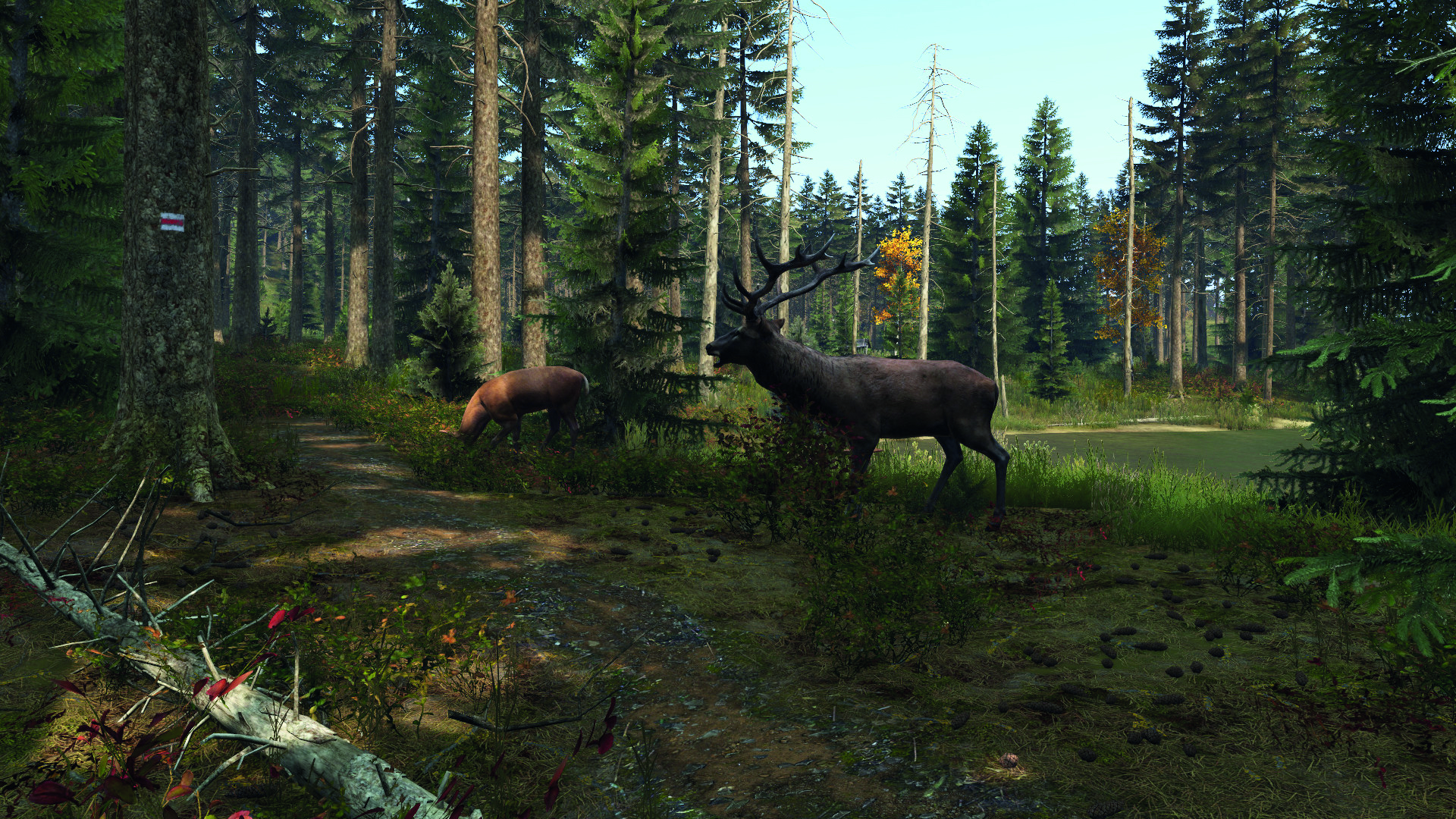
It’s important to remember that Bohemia was capitalising on a phenomenon, and didn’t know how long it would last. Holding off on the Early Access launch of DayZ would have been like shutting down the fidget spinner factories in the summer of 2017. The competition wasn’t so much hot on Bohemia’s heels as stomping on its toes—Rust, inspired by Hall’s mod, came out several days before standalone DayZ. “There’s blood in the water,” Hicks says. “There’s this new genre and everybody wants in on it. It’s chaos.”
Every small victory was viewed in the context of how far the game still had to go. In a 2014 PC Gamer cover feature, Hall had spoken about his dreams for underground bases, gangs with matching tattoos, and communities of players working together in specialised disciplines, like the corps of Eve Online. But by 2017, those players were still waiting for basic features like smooth animations.
Nonetheless, Hicks realised that, in his words, all the creative direction had been done. “Systems that weren’t even yet in the game had been completely prototyped out, whiteboarded, written down in design documentation,” he says. “It was all there. More and more, my job was less having to guide the ship, and more going out and evangelising for the brand.”
Travel Man
The creative director spent increasing amounts of time on planes, and realised he was homesick. Following the success of early battle royale game H1Z1: King of the Kill, he managed to convince Bohemia to buy the IP for Survivor GameZ—the 2012 mod that had made Hicks’ name in the first place, and laid the groundwork for the genre now dominated by Fortnite and Warzone.
“Marek [Španel, Bohemia CEO] was sold on it,” he says. “We were gonna split development between Bratislava and a Bohemia Interactive Seattle office. I was really excited about that, being able to continue to work on things I was passionate about back home.”
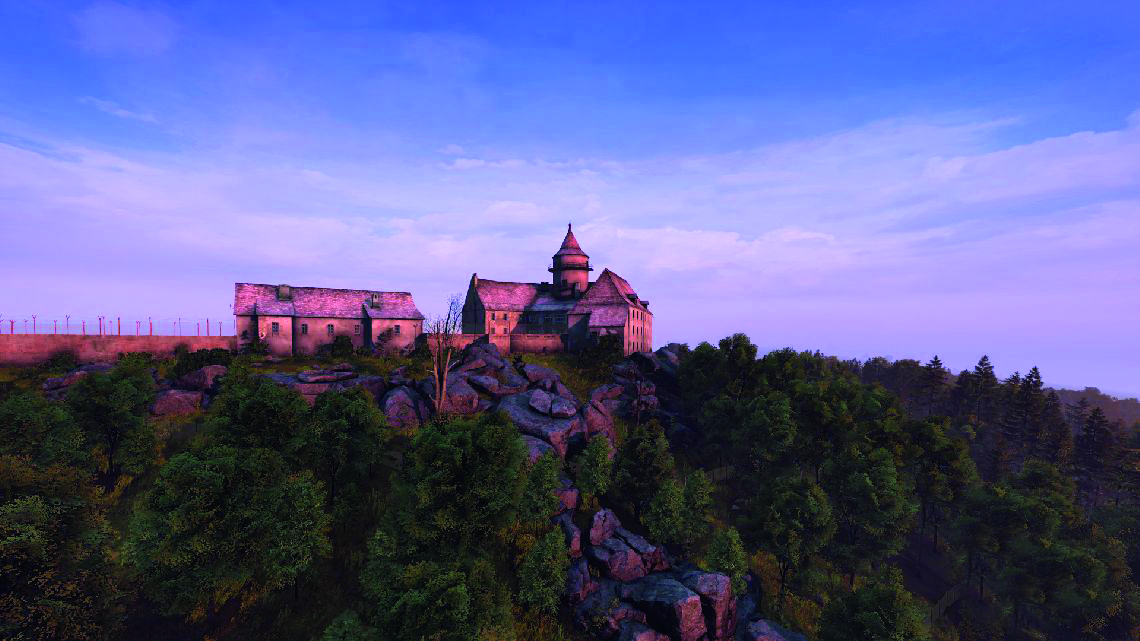
The Survivor GameZ would have been DayZ’s pitch for the battle royale crown, and the timing was right—Bluehole hadn’t yet begun development on PUBG. In fact, Bohemia was in talks to hire Brendan Greene, who at the time had just finished consulting on H1Z1.
The Survivor GameZ would have been DayZ’s pitch for the battle royale crown, and the timing was right
“There was a lot of hemming and hawing, for some reason, that he wasn’t technical enough to bring on,” Hicks says. “I was like, ‘Are you kidding? He did DayZ Battle Royale. He knows our engine.’” Bohemia’s interview process was just as drawn out as it had been at the birth of DayZ, and while discussions were ongoing, Hicks got a call from Greene. “Hey man,” Greene said. “I don’t know what to do. This company is offering me the creative director role on my own game.” The company was Bluehole, and the game was PUBG. Hicks advised him to take the job. “I can’t match that,” he replied. “There’s no way I can get Bohemia Interactive to put you in that senior of a role. You’d be stupid to pass this up.”
The plans to open a Survivor GameZ studio in Seattle, meanwhile, had grown complicated. Bohemia was already opening a new office in Amsterdam, and that project was taking up all of the company’s administrative bandwidth. When the time came to renew Hicks’ residence visa in the Czech Republic, he instead rented a house in Redmond, Washington, intending to be the advance force for an army of Survivor GameZ developers.
The great irony was that, though he was back home, he never saw it—instead working during the night to match Czech hours, his windows covered by cardboard boxes and gaffer tape. Worse, it proved much harder to be DayZ’s leader from another continent.
DayZ'd and confused
“I had strong disagreements with some input of people on the corporate side, and I didn’t seem to be able to pull the same weight that I did when I was in the office for all those years,” he says. “In previous situations, if it was really bad, I could just drive up the hill and go knock on Marek’s door.”
Hicks felt heard by the development team, but the problems kept recurring. He was particularly upset when Bohemia began planning to release DayZ’s 0.63 build as the game’s official 1.0. “This is a bad idea,” he said. “We don’t have the feature set in the game right now that our store page has said is our target for the last four years.”
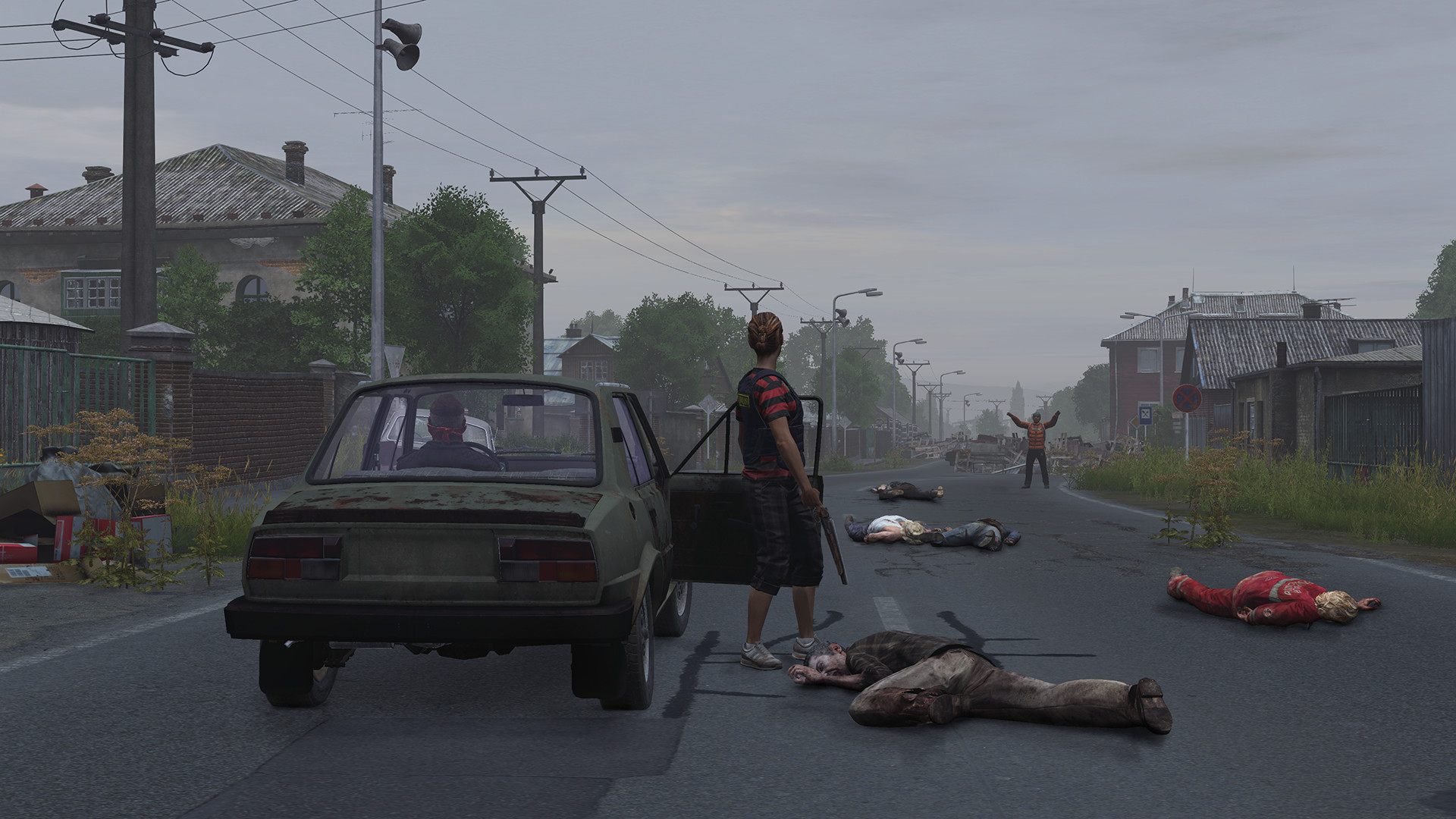
Despite the protests, DayZ left Early Access in December 2018, after half a decade of open development. “I was not able to change any minds,” Hicks says. “I got to this point where I was really stressed about DayZ all the time. I was angry, and would get into actual arguments. I wasn’t designing new stuff. We were feature locked, and if anything we were scoping back, and that was what I was concerned about. I was like, ‘Why am I doing this?’”
Hicks wrote his last DayZ status report from InXile’s office in Newport Beach, California, where he’d taken a new job. Survivor GameZ, originally intended to be a standalone release, ultimately fizzled out after a few months as a mode for DayZ. Brendan Greene’s star rose, and it became apparent that the era of survival games had finally given way to battle royale—a genre that made DayZ look slow and old- fashioned, even as it paid homage to Bohemia’s open exploration and high-stakes scavenging.
Today, you can find Hicks where he began: streaming old builds of DayZ on Twitch. But now he has the distance to marvel at how much the game has transformed. “It was a blessing to come into my life,” he says, “and it’s a phenomenon that so many developers are not lucky enough to experience.”
Jeremy Peel is an award-nominated freelance journalist who has been writing and editing for PC Gamer over the past several years. His greatest success during that period was a pandemic article called "Every type of Fall Guy, classified", which kept the lights on at PCG for at least a week. He’s rested on his laurels ever since, indulging his love for ultra-deep, story-driven simulations by submitting monthly interviews with the designers behind Fallout, Dishonored and Deus Ex. He's also written columns on the likes of Jalopy, the ramshackle car game. You can find him on Patreon as The Peel Perspective.

